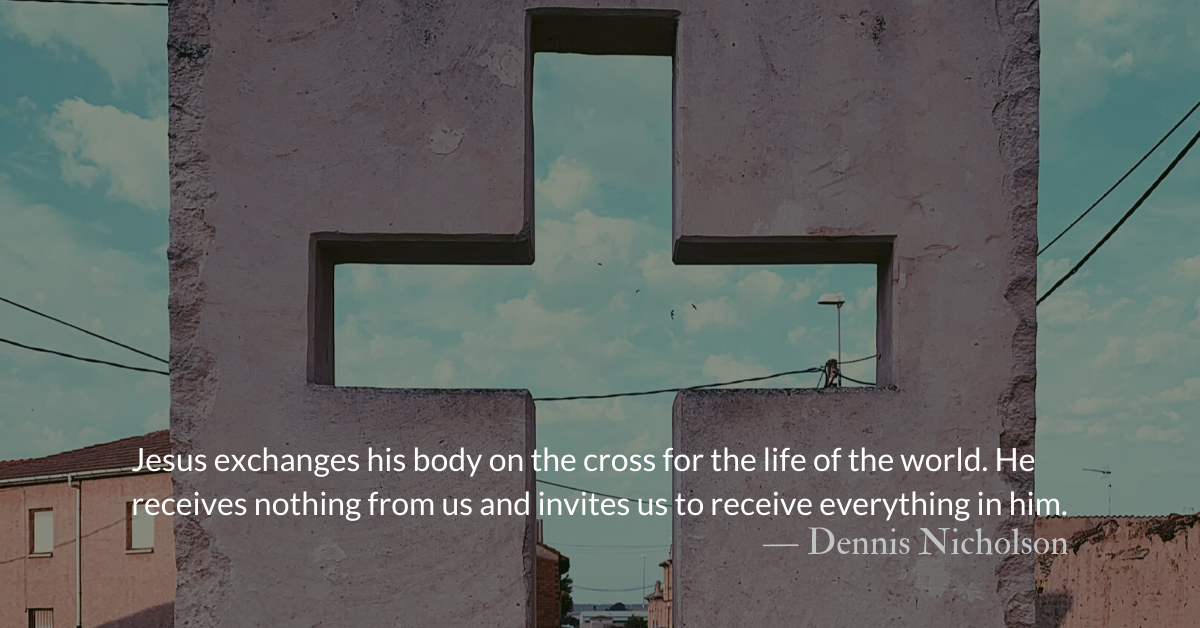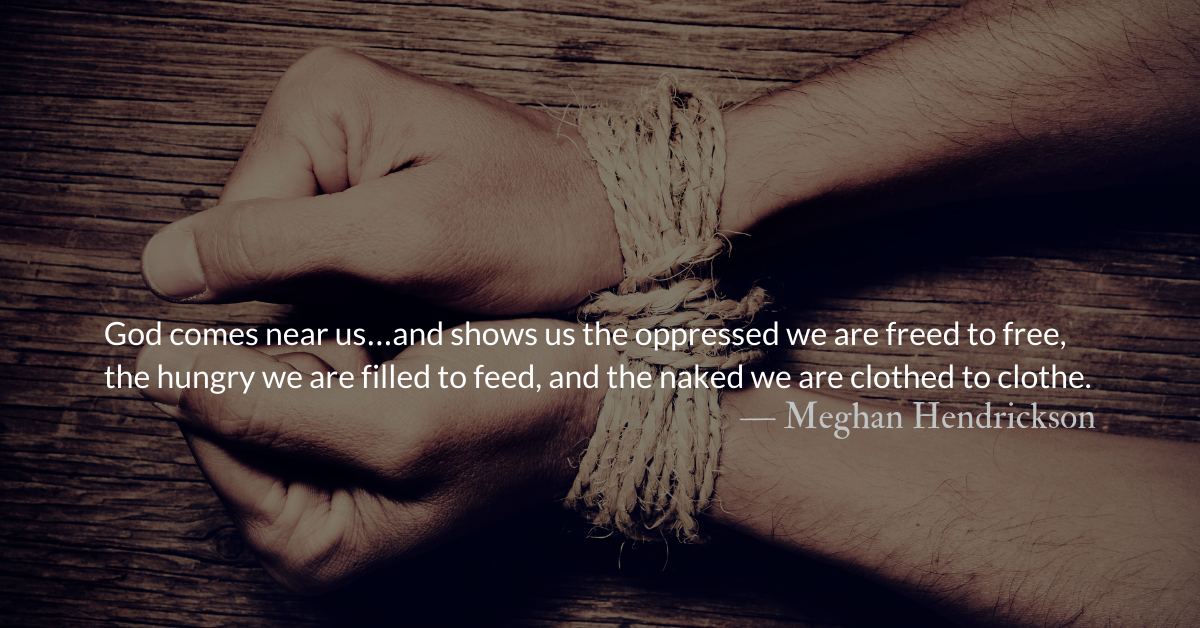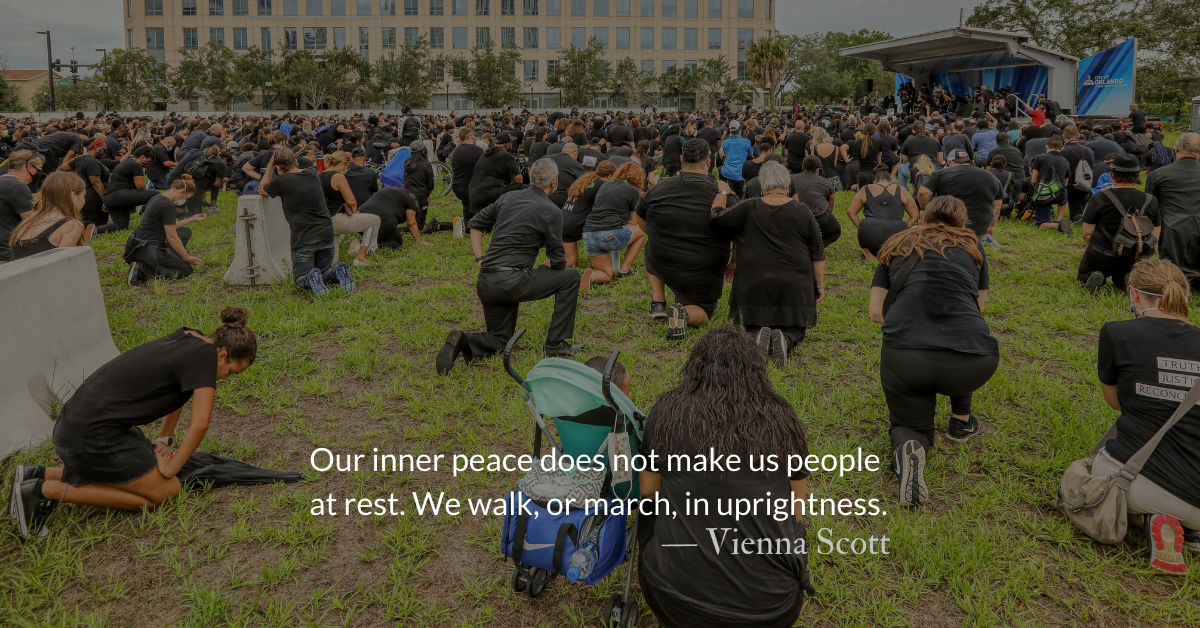Today’s is the last post in this year’s Student Writers Month series. Please let us know how you have enjoyed the Student Writers Month devotionals and what month in 2021 you would like to see us repeat this program. Email us with “Student Writers Month Feedback” in the subject line at info@theparkforum.org.
Student Writers Month has been a program welcoming ministry-focused college and seminary students from around the country and overseas to write for The Park Forum. Students who participated are pursuing a career in ministry and received free coaching on their writing as a part of the program. For more information about the program and a profile of each of our student writers, visit our Student Writers Month page.
Today’s student writer is Philip Cox, a student at Charles Sturt University.
Scripture Focus: Isaiah 63:11-13, 16-17
11 Then he remembered the days of old,
of Moses and his people.
Where is he who brought them up out of the sea
with the shepherds of his flock?
Where is he who put in the midst of them
his Holy Spirit,
12 who caused his glorious arm
to go at the right hand of Moses,
who divided the waters before them
to make for himself an everlasting name,
13 who led them through the depths?
16 For you are our Father,
though Abraham does not know us,
and Israel does not acknowledge us;
you, O LORD, are our Father,
our Redeemer from of old is your name.
17 O LORD, why do you make us wander from your ways
and harden our heart, so that we fear you not?
Return for the sake of your servants,
the tribes of your heritage.
Reflection: The Hope of Lament
By Philip Cox
Even in times of unrest, pain, and brokenness, for many modern Christians, the practice of corporate lament might seem overly emotional, depressing, or even inappropriate. Statements of doubt or despair are often seen as a deficiency in our faith. However, Isaiah, as in many other passages (cf. Pss. 44, 74, 80, 83, 90, 94; Lam 5), shows quite the opposite.
After the triumphant opening of Isaiah 63, verses 7-19 take an abrupt turn and begin Isaiah’s intercessory prayer and lament over Israel’s long cycle of rebellious actions and apostasy. As Isaiah takes up the role of the “watchman” from 62:6, it is precisely his faith-filled remembrance of Israel’s deliverance which gives him the boldness to now question “Where is God?” (vv. 11-14).
Lament not only reveals a deep trust in God but, as scholar N.T. Wright explored recently in TIME Magazine, connects us with the very heart of God, who also laments over the fractured state of His creation.
Multiple times Isaiah exclaims, “You are our father” (63:7-64:12). His use of “father” and “holy habitation” together (v.15) echoes the psalmist who calls YHWH the “Father of orphans and protector of widows…in his holy habitation” (Ps. 68:5-6). Isaiah poetically describes Israel as orphans, a people disowned and forgotten by their forefathers, Abraham, and Israel (v.15-16). Isaiah petitions God to remember His responsibility as the caretaker for the weak and vulnerable.
These 2500-year-old words still ring out urgently and prophetically for us today.
Biblical lament is not expressing a gripe or complaint. Complaining arises from a mindset of scarcity that believes God is withholding his goodness. In contrast, lament is anchored in the confidence of God’s abundant goodness (Ps. 23:1). Therefore, lament holds to account what is chaotic and fractured in our world while maintaining hope in God’s commitment to redeem all things (Eph 7-10; Col. 1:19-20; Rev. 21:4-6).
We are beckoned through Isaiah’s communal lament to look toward God and our hurting world and say as the family of God, “We have sinned!” We, as God’s image-bearers, have a divine task to act as God’s representatives in the world. This begins by cultivating an environment of shalom through protecting those trampled by the empires and systems of this world.
As we expectantly lament the age-old question “Where is God?”, God comes to us as He did to Adam asking, “Where are you?”.
Divine Hours Prayer: A Reading
Jesus said: (to Martha) “‘I am the resurrection. Anyone who believes in me, even though that person dies, will live, and whoever lives and believes in me will never die. Do you believe this?’ ‘Yes, Lord,’ she said. ‘I believe that you are the Christ, the Son of God, the one who was to come into this world.’” — John 11.25-27
– Divine Hours prayers from The Divine Hours: Prayers for Summertime by Phyllis Tickle
Today’s Readings
Isaiah 63 (Listen – 3:25)
Matthew 11 (Listen – 4:06)
Read more about Lamenting With Job :: Guided Prayer
Lament is a powerful prayer that connects us to God…lament can swallow up complaining in our lives.
Read more about A Generational Lament
Prayers of lament and complaint are a healthy and fulfilling spiritual practice that can be entered into by individuals and communities.











